Stories
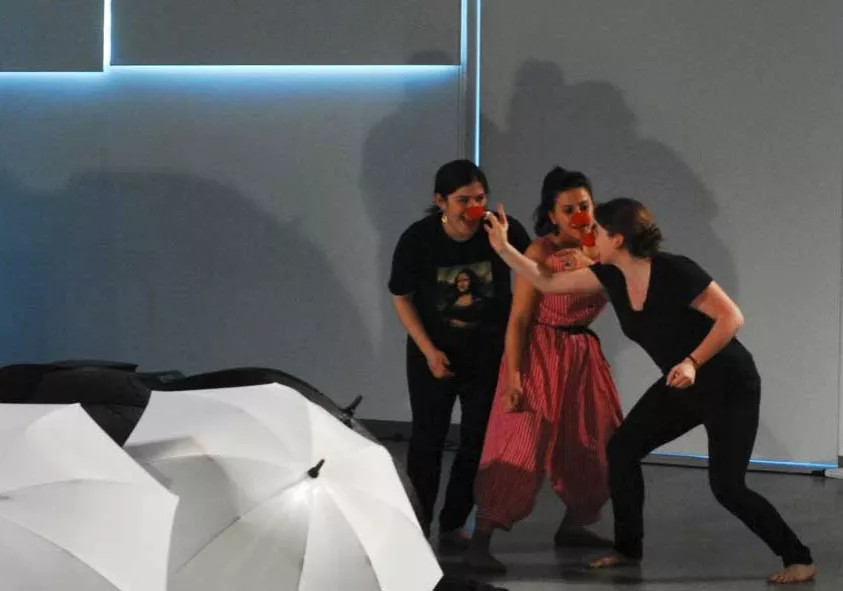
360°: Performance Across Language and Culture
A series of international festivals such as the Globe to Globe Cultural Olympiad in London in 2012 has raised the visibility of cross-language productions, yielding a messy but rich trove of reception records in social media, scholarship, and reviews. This 360 takes a close look at these phenomena, asking students to engage it as performers, audience members, teachers, and scholars – studying and experimenting with multilingual and vernacular stagings.
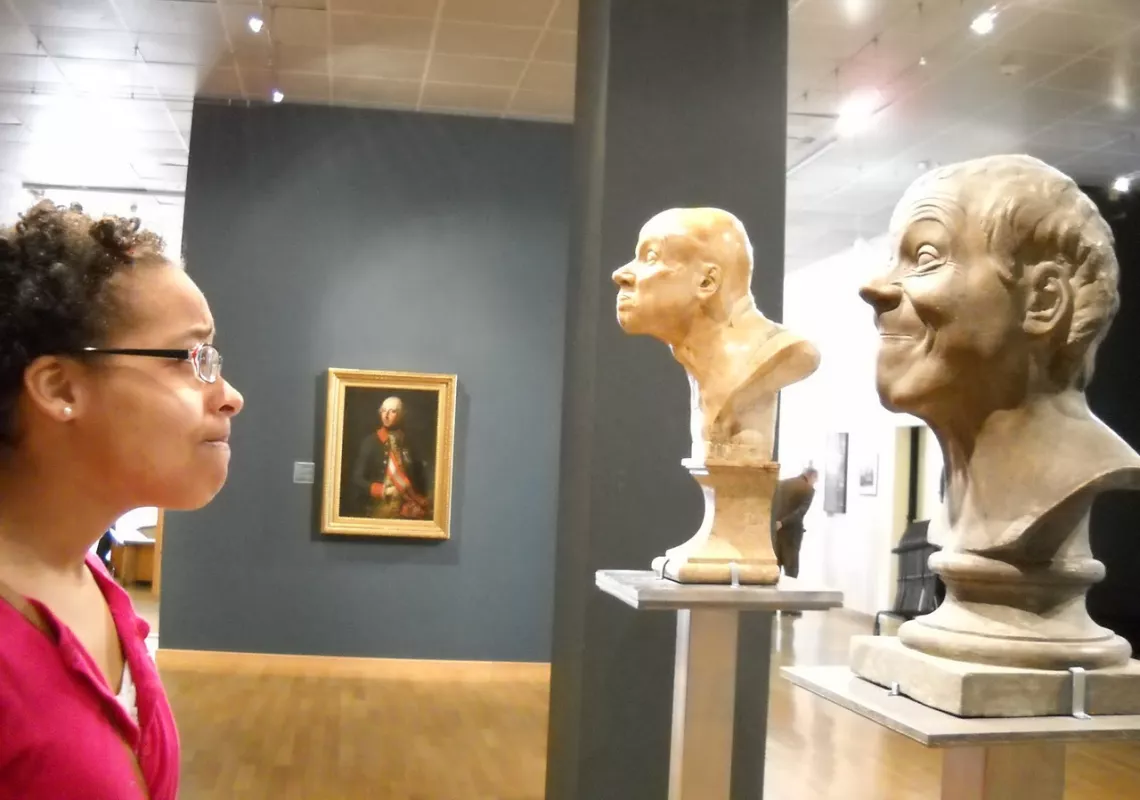
360°: The Last Days of Habsburg
This 360˚ is an integrated two-credit seminar which is interdisciplinary in nature. Participants study works of art, architecture, design, literature, psychoanalysis, and pseudoscience.
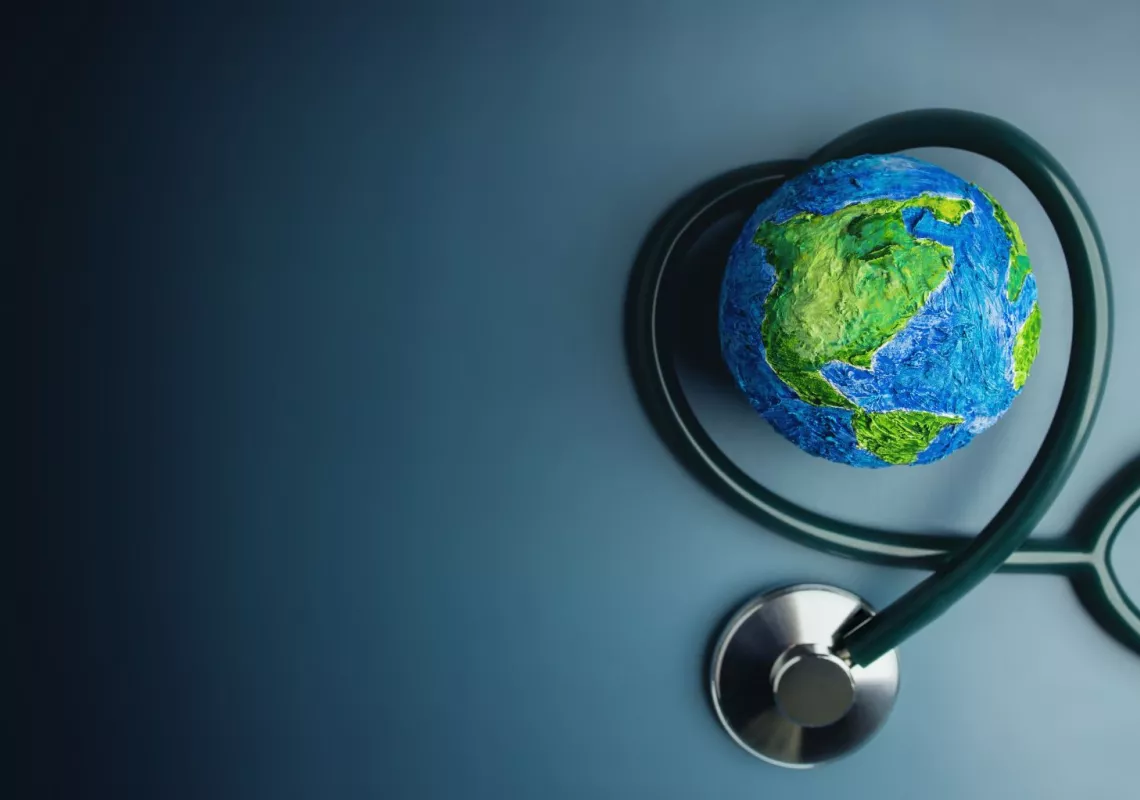
360°: Struggles for Global Health Equity
This 360° aims to help students begin to understand both significant problems of and promising approaches to the practice–and study–of community health promotion.
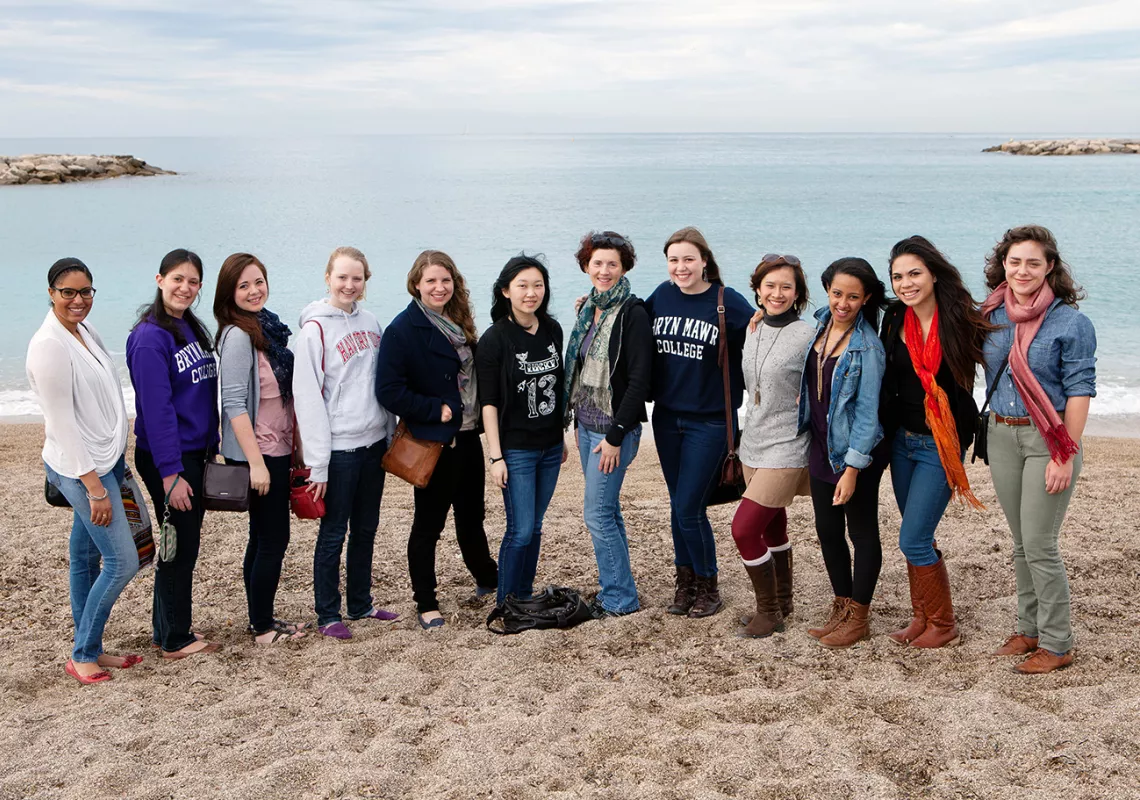
360°: The Mediterranean as a Crossroads: History, Migrations, Identities
This 360°, composed of courses in History and French, examines the social, historical, artistic and cultural shape of the Mediterranean through the study of circum-Mediterranean port-cities and their populations.

360°: To Protect the Health of the Public
This 360° has as its goal a deepened understanding of public health. To do so, we offer three courses that focus on policy, history, culture, the place and power of government, and public and personal responsibility.
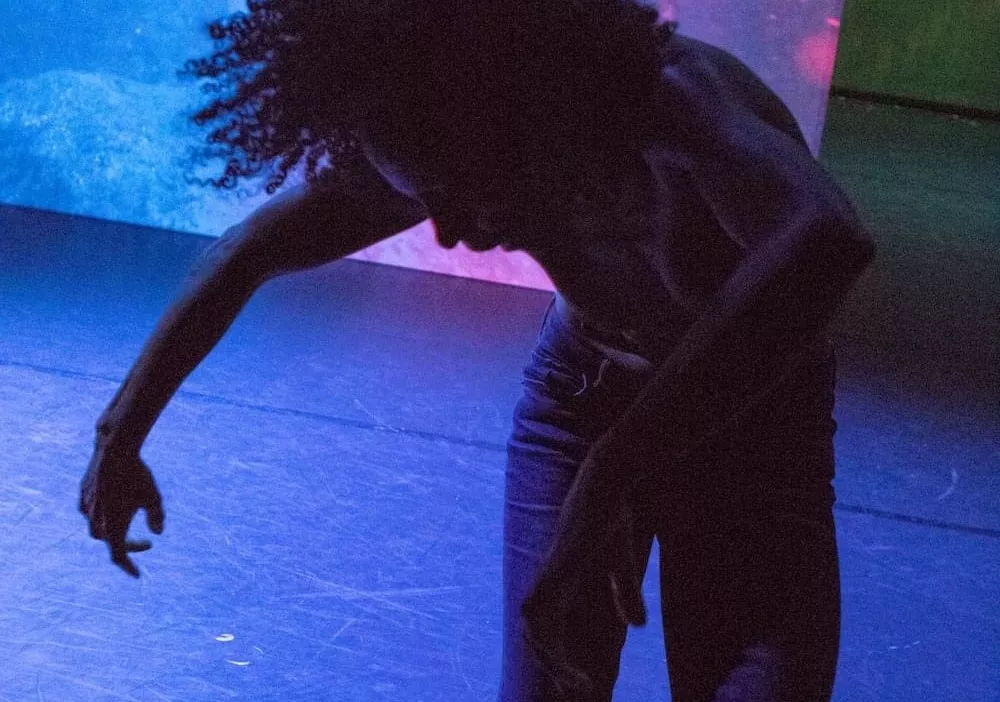
360°: Centering Critical Blackness
This cluster interrogates the ways diasporic bodies navigate change, boundaries, and disrupt systems, particularly through movement and education, from an Afro-feminist and womanist perspective.
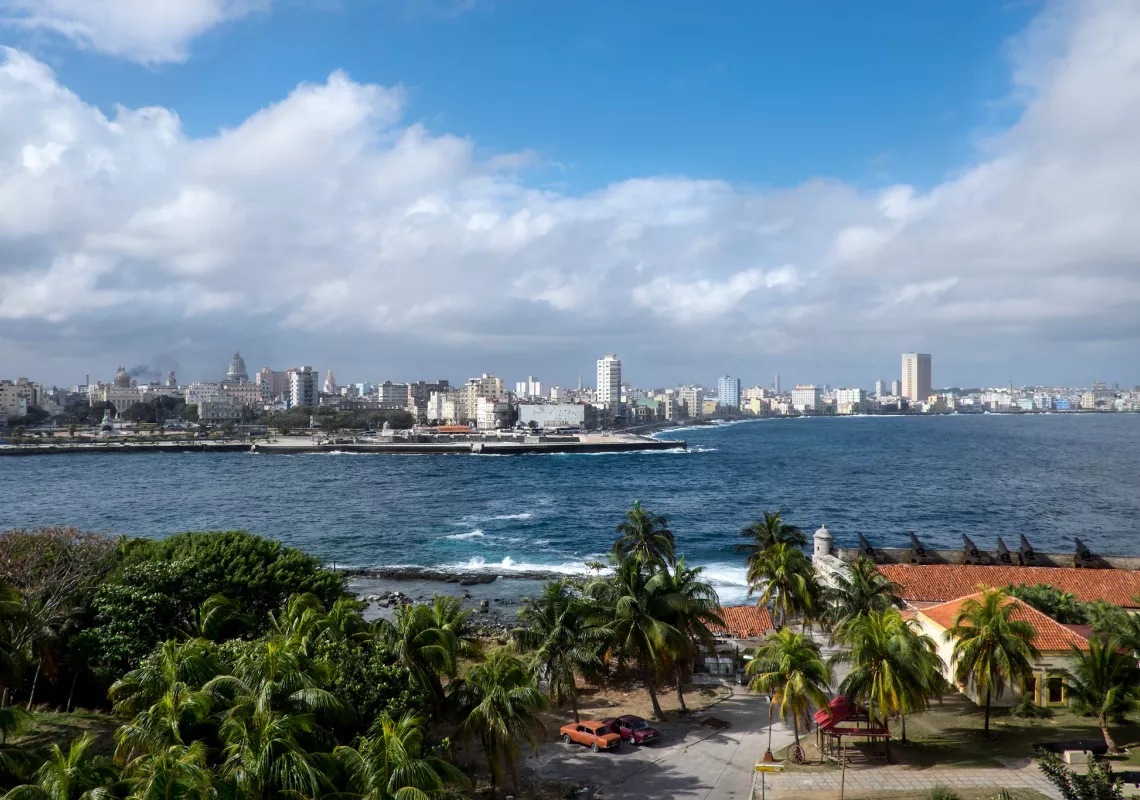
360°: Pathways to Policy
This cluster focuses on how policies in particular domains -- environment, economy, health, and education -- are developed and implemented in different national contexts.
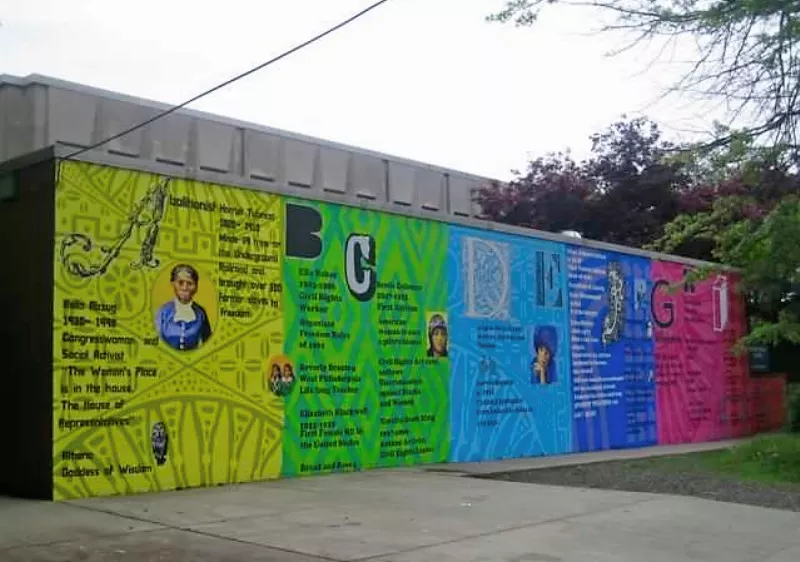
360°: Women in Walled Communities
This 360° examines the constraints and agency of individual actors in social spaces, with aparticular focus on the institutional settings of colleges and prisons and the “critical spaces” that can open up within them.
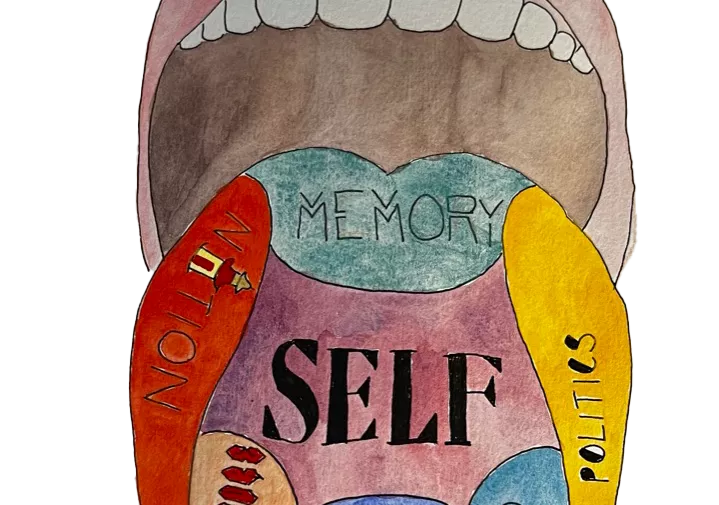
360°: Taste
What are the stories behind the flavors that we taste? How much of taste is individual, and how much is social? Why do some flavors taste good to us, while others don't? Why do different people sometimes have very different reactions to the same foods? How do taste preferences change across space and over time?
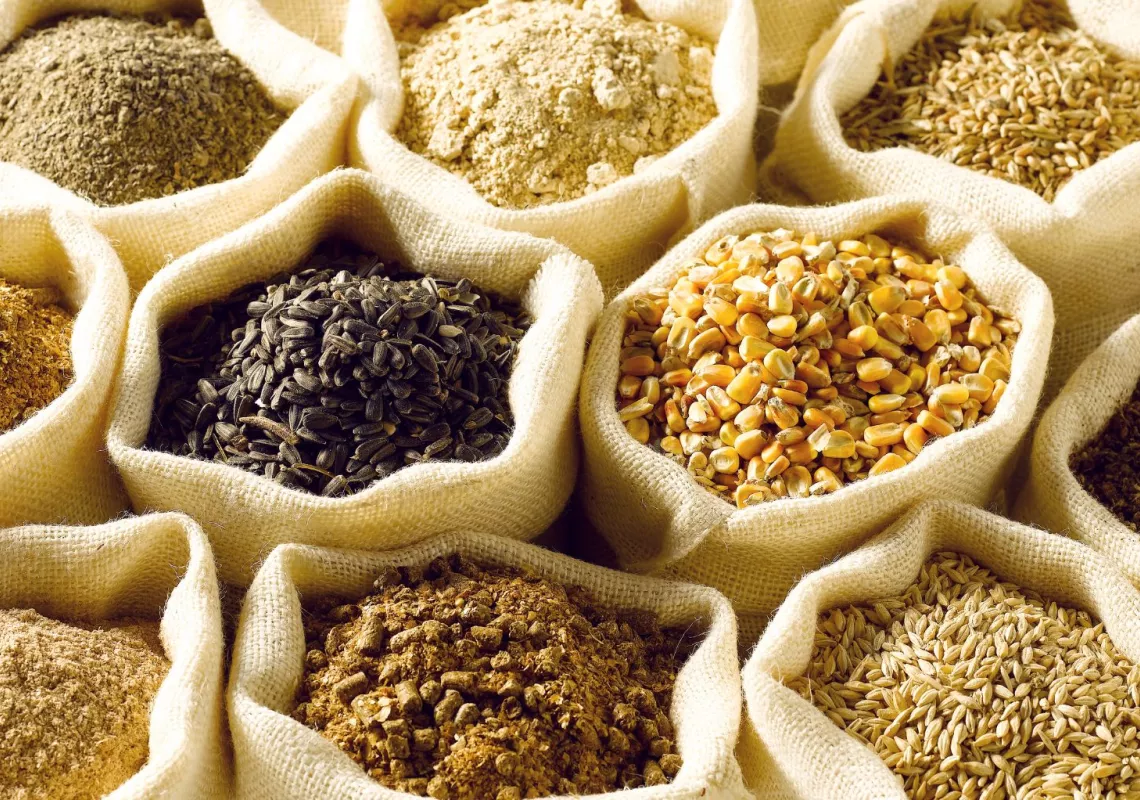
360°: Foodways and Migration
This 360° uses the frameworks of history, cultural studies, and archeology to examine the relationship between foodways and migration.
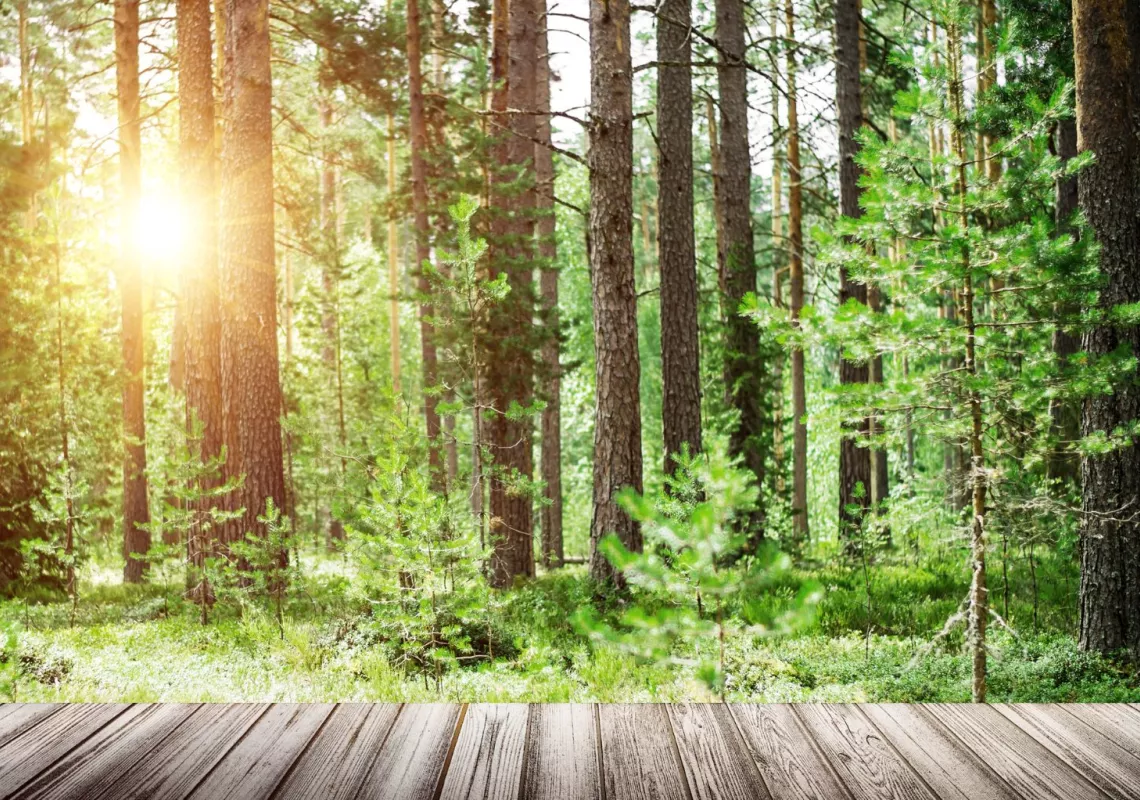
360°: Science, Democracy, and Truth
How can we use science to respond to the criticisms of those in power that might disagree with our fundamental assumptions about the reliability of scientific facts?
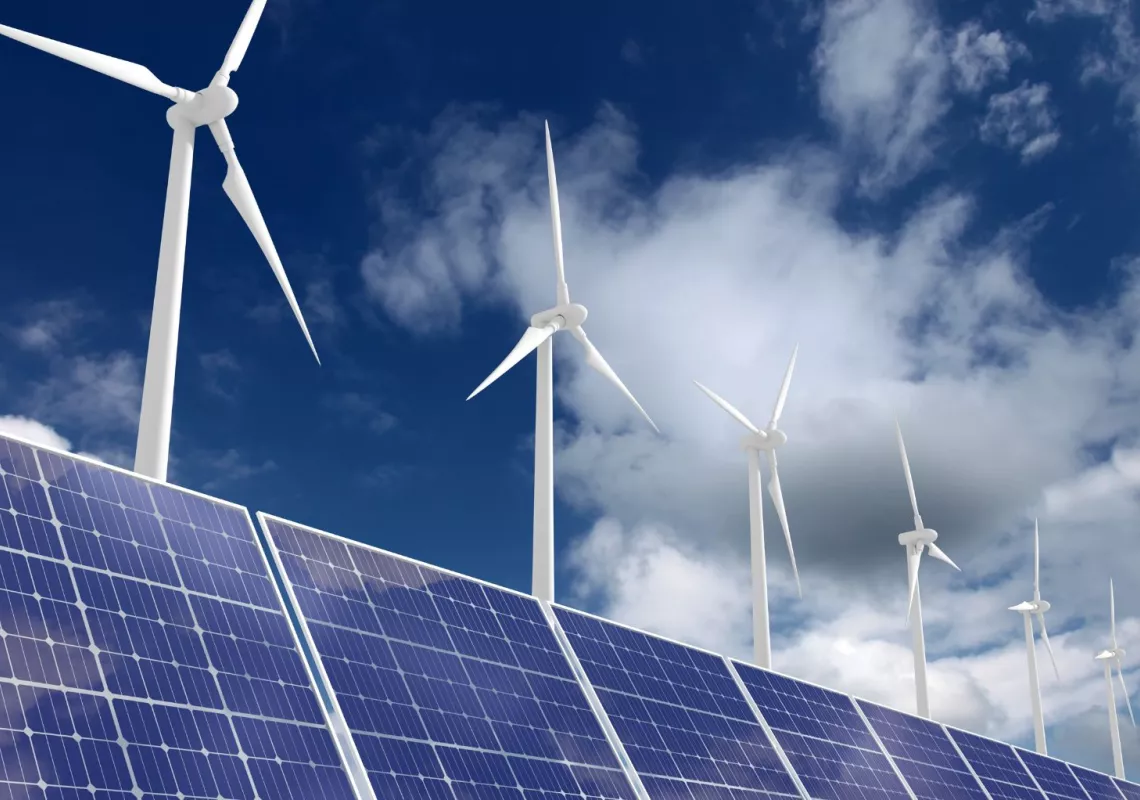
360°: Renewable Energy
In an effort to shift focus toward a more scientific approach to renewable energy, this two-course 360° gave students the opportunity to explore energy alternatives from a data-driven perspective.